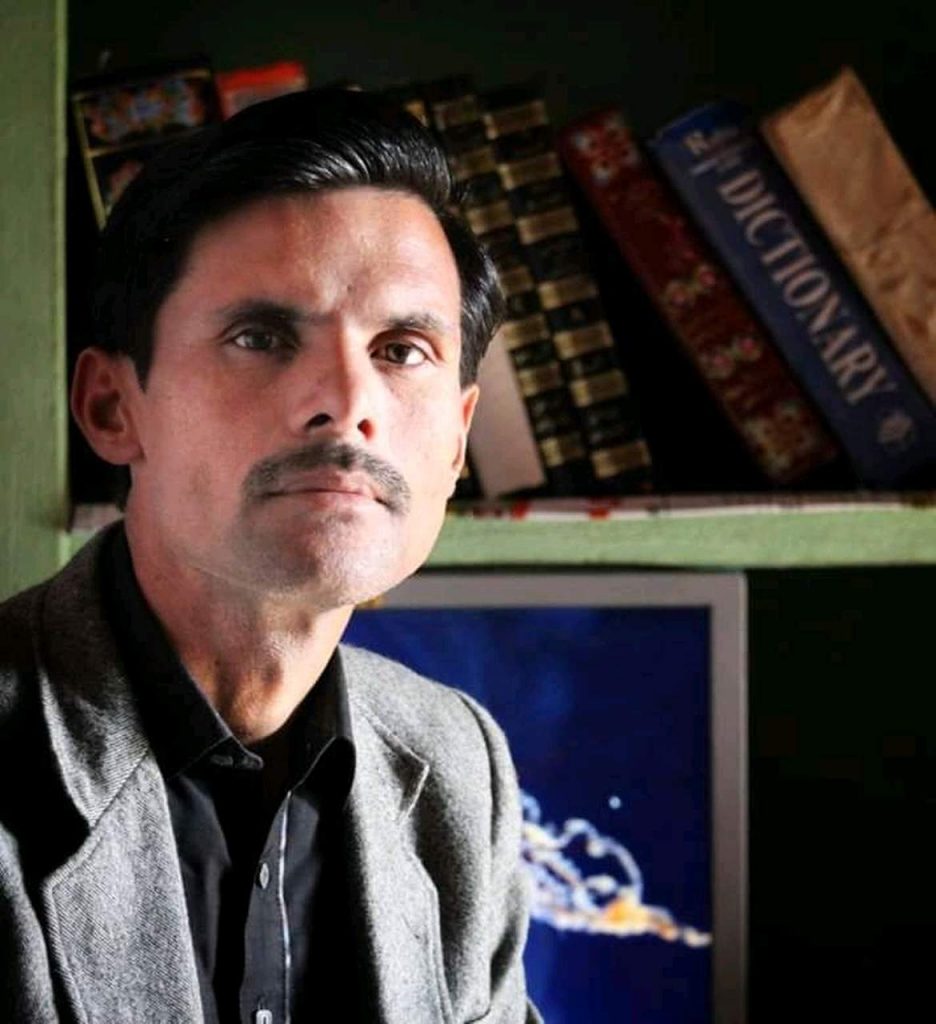Naeem Kandwal
Halal and quality food is one of the fundamental human rights.I always choose topics that are very important but overlooked. The poor quality and unavailability of Halal foods is a big Issue. Some of my followers drew my attention to this sensitive issue. Islam is the Complete Code of Life. Under Islamic guidelines, you are free to eat any food except those which are deemed haram, which means “forbidden” in Arabic. Halal food refers to food items and beverages that are strictly prepared according to the rules underlined by the Islamic dietary law. According to this law, alcohol, blood, pork, by-products of pork and blood, animals that are dead before slaughtering, and those not killed in the name of Allah are considered ‘haram’ or impermissible for consumption. Halal food is that which adheres to Islamic law, as defined in the Quran.Halal food has become a lucrative business in the global economy over the recent years. It was announced by the World Halal Council (WHC) this industry is globally worth over $2.5 trillion.The world’s Muslim population is now 1.8 billion people who need foods prepared based on their religious rules and beliefs. Muslims are the major source of demand for Halal products. Halal industry’s growing trend in the global markets indicates that the Muslim countries should play some more active role to be also the main source of supply in this sector. Muslim countries should take more effective steps to promote their status in this profitable market. There are already 250+ Halal brands in the world. Some of the Muslim countries like Malaysia and United Arab Emirates (UAE) hold some big shares of the market.People from all over the world expressed their mixed reaction over this issue.‘’It definitely depends where you are. I live in rural Worcestershire, granted there aren’t many Muslims around here so I have to travel into Worcester City to find anything halal. And even then, there is only one halal butchers, and a couple of international shops that might sell a halal salami or two. London or Birmingham on the other hand, you’re never without’’ Hannah Lane said. Ruth Ghumman is from Ireland. She said:“I’m from Northern Ireland and when my husband and I go back there it’s extremely hard to find restaurants that have halal options and only a handful of halal butchers in the whole country”.“I personally think it’s brilliant. I grew up in Australia in the 90s/early 00s and where I was, there was one halal takeaway in the entire city and no halal meat at all. We had to order shipments of meat in bulk from Sydney and store in a deep freezer. We couldn’t eat out most places and ate way too much fish because it’s all we could get from supermarkets ?.In Birmingham, we can eat at a wide variety of restaurants/takeout, halal is available at main supermarkets and butcher shops. Have had no issues at all Alhamdulillah” Lee kay said.Maha Khan is of the view that “Many says it halal but it’s not. So we do have a massive problem. People like to feed they tummy with haram. Worse is the one who sells to make money buy selling haram. Don’t they fear that you will be question this when you return to Allah.We need one plate form for all halal product and feel secure in what we buy and eat. We have to be realistic with ourselves and nafs. Its say In Quran and we shouldn’t be consuming of something that’s not halal. The problem is these day we need to educate ourselves Islamically then the rest of the puzzle will fall in its place.When we are conscious of our selves then we are conscious about the things around us.So everything matches”. Another social media user Tracy Asma said: “Everywhere but if you don’t drive and live in none Muslim areas and only have home deliveries it’s then only supermarkets and they don’t sell lamb mutton and the frozen fast food is mainly chicken from Romania ext not UK”. The halal food industry is expanding all over the world, even countries like Japan which have a small Muslim population. This substantial growth in the number of Muslim consumers, as well as the increasing demand from the non-Muslim population, is driving the global Halal market at an exponential rate. According to a forecast by Adroit Market Research, the global Halal market size is expected to reach $9.71 trillion by 2025. This rapid growth spans across several sectors of the Halal market. In some parts of the UK and many other Western countries, people have difficulty accessing halal food. Some of my followers told me It depends, where in the UK you live, if you live in Muslims populated areas then yes you are supplied for choice. However, if you live in the Non-Muslim populated areas then there’s literally nothing available. As mentioned above that Halal Foods industry is globally worth over $2.5 trillion. Halal food industry represents close to the 20% of the entire global food industry. It has a huge contribution to the global economy. So, it is the duty of every state to provide Halal food to their population. It is the fundamental right of every Muslim to have Halal Foods. Governments should take serious steps.
Trending
- Ethio-Pakistan Business Forum Held At LCCI
- Global experts conclude landmark Int’l Zoology Congress at UAJK
- Ex- Federal Minister Sheikh Rasheed visits Neelum Valley
- Shahadakot Police arrest a drug dealer along with his wife
- Chinese FM Wang Yi holds talks with U.S. Secretary of State Antony Blinken
- President AJK overseas Kashmiris, settled in the USA to come forward and play a proactive role to expose Modi government’s nefarious designs
- Value Addition in Gemstone Products is being done to comply with International Standards: Rana Tanveer Hussain
- A research competition program organizes at MBB Medical University of Larkana

